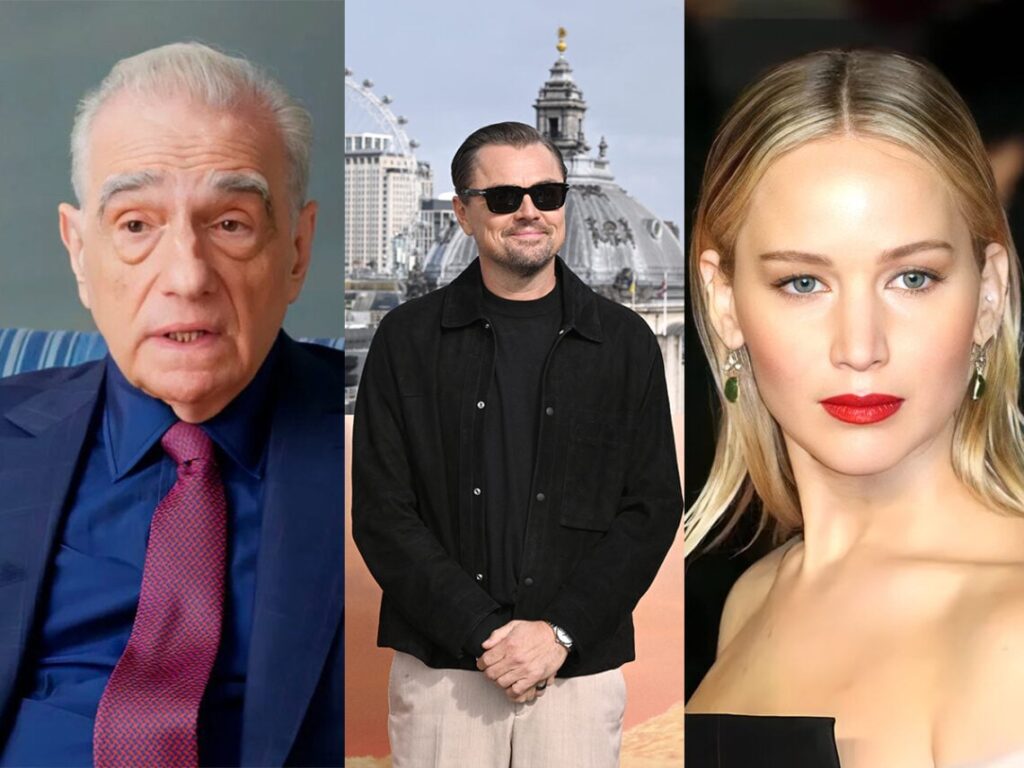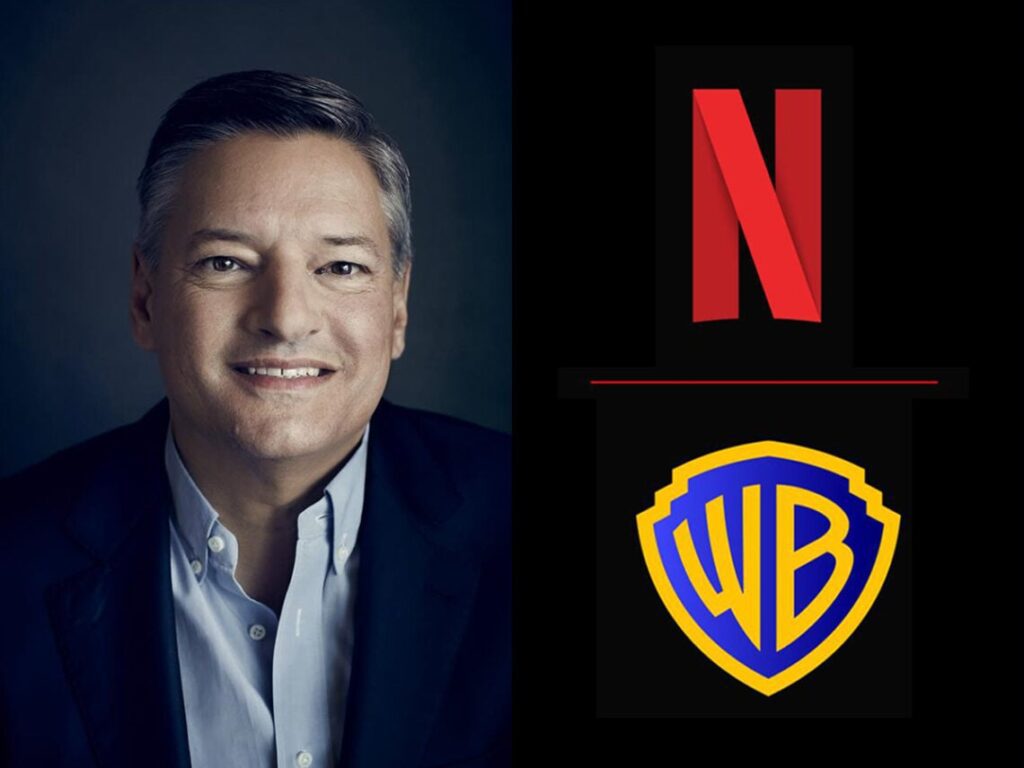Five songs that define Generation Z
 Posted On
Posted On
(Credits: Far Out / YouTube Still / Harley Weir / Samuel Bradley)
Born between 1997 and 2012, coming of age as social media took on a new meaning and being raised at a time where absolutely anything, good or bad, was at the click of a button; that’s Gen Z. It’s a tough crowd to define, given that it’s a generation that is still coming into its own, entering the workplace and defining culture. But these five songs are a good place to start.
Attempting to boil down the energy of Gen Z is a near-impossible task. It’s a generation of contradictions. To some, they’re designed by apathy. Raised by screens and with unlimited access, some claim that’s led to a mass desensitisation where violent video games and horrific real-life videos circulated online has made people unmoving. But to others, Gen Z are the most politically and socially engaged generation yet, being vocal about the causes they care about and clued up on the world news.
Some like to criticse the role that social media plays in the world, or in music specifically. Gen Z are the TikTok generation, which to some, has destroyed artistry in favour of quick viral hits. But the flipside is the argument that this generation have a real knack for spotting talent and giving it a platform, with their love for some artists defying what would usually be expected of a major mainstream success.
Whether due to the lyrics’ content, the artist’s story, the energy of the track, or their position in the cultural zeitgeist, these five tracks feel like key jumping-off points in an attempt to define the sound and spirit of Gen Z.
Which songs define Gen Z?
Billie Eilish – ‘Ocean Eyes’
In the past, when an artist was plucked from nowhere and boomed to notoriety, it would probably be off the back of an endlessly catchy track made to appeal to the masses. But the origin of arguably the most defining and popular Gen Z artist was a lo-fi bedroom pop track made by a brother and his 15-year-old sister.
After Billie Eilish released ‘Ocean Eyes’, her rise was fast but utterly Gen Z. While undeniably a pop star, she has none of the makings of what previous generations would expect of one. Her songs are dark, gloomy and strange. Her public presence for a long time was a notably moody one as she refused to hide her teenage angst behind a celebrity sheen. She’s also always been almost brutally honest about her mental health and the detrimental effects of having a platform. As a generation, Gen Z have not only watched Eilish grow but have grown up with her.
[embedded content]
Charli XCX – ‘I Love It (I Don’t Care)’
Charli XCX’s career is fascinating. So many strains of Gen-Z culture manage to find their way back to her. It started early when this 2012 track was made with Icona Pop, but penned by Charli, it was absolutely everywhere, becoming one of the first ‘nostalgia tracks’ this generation looks back on. Then there was ‘Boom Clap’, her mainstream breakthrough moment that came off the back of its feature in The Fault In Our Stars, a key piece of Gen-Z literature. Moving forward, there are her multitudes of collaborations, her work with Sophie to help make a new kind of pop music, her interactions with Sky Ferrera, Kim Petris, Troye Sivan and plenty more Gen-Z icons.
Then today, there is Brat. When music remembers this generation, there is no doubt that ‘brat summer’ will be written into the history books as one of the key cultural moments of modern times. But while Brat is new, the sound of the album harks back to ‘I Love It’, proving that Charli’s vision was always there.
[embedded content]
Mitski – ‘I Bet On Losing Dogs’
There is no denying that this generation loves a pop girlie as acts like Eilish, Charli XCX, Oliva Rodrigo, Chappell Roan, Sabrina Carpenter and more dominate lists of the most played artists of the times. However, the other side of the coin is the ‘sad girl’ music scene, as Gen Z listeners are more than willing to embrace poetic lyrics and big feelings.
This is a fact that has been proven in the mainstream success of artists like Phoebe Bridgers and her band Boygenius, Ethel Cain, Big Thief, Lizzy McAlpine, and more. But the complexity of it is shown best in the boom of notoriety surrounding Mitski.
Mitski herself is not a Gen-Z artist, but her audience has made her one. Go back a few years, and she was a cultish name, more likely to be played only by millennials or niche fans keen on the world of alternative indie and left-field sounds. But then, for some reason, TikTok discovered her and kept her for their own. Since then, Mitski’s fan base has utterly shifted to a younger one as old songs like ‘I Bet On Losing Dogs’ have taken on a new lease of life. It’s proof of the power of this generation to find artists and make them stars, no matter what type of music or what their career looked like before. It’s also proof that Gen Z are more than willing to embrace darkness and sadness in their music, and thousands upon thousands gather in Mitski’s crowds to sing along to her devastating poetry.
[embedded content]
The 1975 – ‘Love It If We Made It’
Love them or loathe them, The 1975 are the ultimate Gen Z guitar band. They dominated Tumblr back when this generation was kids scrolling through the internet’s wild west, where GIFs of the ‘Robbers’ music video delivered glamorised, dangerous ideas about love. Tracks like ‘Sex’, ‘The Sound’, ‘Chocolate’ and ‘Somebody Else’ dominated radio play, indie club nights and playlists. There’s also the fact that Matty Healy, the band’s divisive leader, has established himself as one of Gen Z’s key players with his confusing and complexly meta on-stage act, love of sharing memes on his Instagram story, and all-around chaotic cultural presence.
But through it all, the band’s lyricism has been sharp, giving voice to the multitudes of anxieties and fears that plague Gen Z. ‘Love It If We Made It’ is their battle cry, acting not just as a magnum opus for the band, but an anthem for a generation. Through the spirally building verses, Healy adds layer upon layer to this towering stack of cultural and political moments, social contradictions and injustices we’re living through. Including quotes from Donald Trump, digs at Kanye West, odes to lost Gen-Z musicians, nods to various protests and movements; it’s a veritable history lesson rehashing recent times. But then, as the chorus call comes in and the band’s crowds scream back, “I’d love it if we made it”, it’s a call for desperate hope as Gen Z, a generation living through unprecedented times and ever-worsening social and political climates, pray to get through it.
The success of the song is proof that this generation won’t shy away from big topics, maintaining it’s position as an incredibly politically engaged bunch.
[embedded content]
The Last Dinner Party – ‘Nothing Matters’
With their incredible rise, The Last Dinner Party feel set to keep on climbing. No one would be surprised if they end up as one of the biggest bands in the world and one of the most memorable acts of this generation.
But as they started out from the live music circuit with their name being spread by word of mouth for a long time before any music came out, building their crowds the old-fashioned way, it’s proof that even in this online generation, talent prevails and the old systems of growing a band still work. They defy the shallow claims that they’re ‘industry plants’ because the truth of the matter is that The Last Dinner Party rose in the same route that so many historic bands did. They just happen to be Gen Z girls.
Their growth off the back of this anthemic debut single was incredible. It felt like witnessing history to be at their early gigs and get to witness their development from London’s small venues up to arena size stages. While still a new act, the band feel set to be one of this generation’s biggest success stories.
[embedded content]


